Strategic academic change: planning with purpose
May 7, 2021
Blogs
Strategic academic change: planning with purpose
By EAB Expert May 6, 2021 0 minutes

Lila McDowell Carlsen
Associate Provost, Pepperdine University
At our institution, we are at an inflection point with new senior leadership and a new university strategic plan. A question I have tried to answer is: How can we align academic change with institutional research and the strategic plan to more fully support academic excellence and our mission? If our programs are a reflection of our values and aspirations as an institution, our degrees will be distinct amid the many choices students and families have. Here we also have the opportunity to improve transparency and knowledge sharing in our decision-making processes, which are important standards for our regional accreditation. This issue also gives us a chance to highlight our commitment to shared governance, since faculty members are involved at every stage of curriculum development. In terms of higher education at large, if our campuses are aligning our academic programs with institutional values and goals, then our graduates will be equipped for 21st century citizenship. Additionally, the concepts of knowledge sharing and evidence-based academic planning will allow for targeted resource investment in the academic experience with the end goal being an enhanced overall value of the degree.
Over the past ten years, our university has made meaningful progress toward creating a culture of student-centered learning and outcomes-based curricula. I believe we are more than ready to start using our assessment data to make decisions about our programs university-wide in line with institutional goals. In collaboration with my colleagues, I have developed four key actions that will facilitate that process and improve our data collection and knowledge sharing.
- Learning Outcomes Reaffirmation: In light of the new strategic plan, a review of our institutional learning outcomes would be timely. In the spirit of shared governance, it is important to ensure that academic leaders and elected faculty members are involved in that process.
Want to participate in the Rising Higher Education Leaders Fellowship or nominate a colleague?
Learn more about upcoming cohorts or contact your Strategic Leader
Get Started- Measure Progress: We can track the integration of strategic goals and institutional learning outcomes in the program design process. When a new program or course is created, or when an existing program or course is redesigned, we can tag its aligned goals and outcomes and collect data along those indicators across degree programs.
- Close the Loop: As assessment leaders coordinate the program review process on a five-to-seven-year cycle, they gather useful data regarding individual programs as well as student learning at the school and university levels. Using those data, our academic and planning committees will be better informed about our various programs when faculty and deans propose academic changes.
- Report: Finally, we can report on the progress we make on strategic goals and institutional learning outcomes to our senior leadership and regents to show where change toward our strategic goals occurs and which areas merit additional attention or investment.
In developing this strategy, I drew on my own experience in program review and assessment as well as the many resources provided by EAB to reimagine an ongoing exchange that revolves around academic excellence and our institution’s goals and mission. My hope is that this process will better coordinate our academic programs with our broader institutional values and vision in a systematic way and engage faculty and leaders to regularly collaborate with a more clearly shared purpose.
See the fellows’ blogs from the capstone projects
Amy Capolupo and others participated in the Spring 2021 EAB’s Rising Higher Education Leaders Fellowship
Read moreExplore EAB research
More Blogs

Beyond ROI: What the New Fed Data Misses About Higher Ed’s Value Crisis

Revitalize your athletics portfolio in a tumultuous landscape
